No Products in the Cart
Free 2-3 day USPS Priority Shipping With Orders Over $85

In the annals of scientific history, few researchers have single-handedly transformed an entire field of study like Dr. Raphael Mechoulam. Known worldwide as the "godfather of cannabis research," this Israeli organic chemist didn't just discover Delta 8 THC – he revolutionized our understanding of how cannabis compounds interact with the human body.
When most scientists were avoiding cannabis research due to social stigma and legal restrictions, Mechoulam was pioneering groundbreaking cannabinoid isolation techniques that would eventually unlock the secrets of the endocannabinoid system. His work in the 1960s laid the foundation for today's thriving Delta 8 market, where consumers can now access precisely formulated products that harness the therapeutic potential he first identified decades ago.
Dr. Mechoulam's journey from a curious young chemist to the most cited cannabis researcher in history is more than just a scientific success story – it's the origin story of modern cannabinoid science. His meticulous research methodology and fearless pursuit of knowledge in an uncharted field established him as the definitive cannabis science pioneer whose work continues to influence product development and research protocols today.
Born in Sofia, Bulgaria in 1930, Raphael Mechoulam's path to becoming a cannabinoid research pioneer began during his formative years in Europe. His family fled to Israel in 1949, where young Mechoulam would eventually enroll at Hebrew University of Jerusalem to study chemistry. It was here that his fascination with natural products chemistry would bloom, setting the stage for discoveries that would reshape cannabis science forever.
Mechoulam's early academic career was marked by an insatiable curiosity about natural compounds and their biological effects. After completing his undergraduate studies, he pursued graduate work focusing on the structure and synthesis of natural products. This foundation in organic chemistry would prove invaluable when he later turned his attention to cannabis compounds.
What set Mechoulam apart from his contemporaries was his willingness to tackle research areas that others considered taboo. In the early 1960s, while most researchers avoided cannabis due to legal and social barriers, Mechoulam saw an opportunity to explore an almost completely unstudied plant with obvious biological activity.
The pivotal moment in THCa research history came when Mechoulam realized that despite cannabis being used medicinally for thousands of years, science knew virtually nothing about its active compounds. Unlike other medicinal plants like opium poppy (morphine) or coca (cocaine), which had been thoroughly studied, cannabis remained a chemical mystery.
This gap in scientific knowledge represented both a challenge and an opportunity. Mechoulam secured five kilograms of Lebanese hashish from Israeli police – a quantity that would serve as the raw material for his groundbreaking isolation work. This pragmatic approach to obtaining research materials demonstrated the resourcefulness that would characterize his entire career.
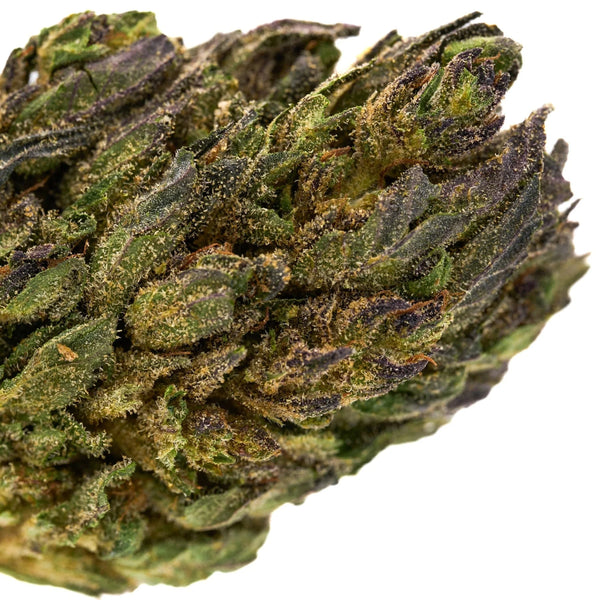
Dr. Mechoulam's cannabinoid isolation techniques represented a quantum leap forward in cannabis research methodology. Working with limited technology by today's standards, he employed column chromatography, nuclear magnetic resonance (NMR), and mass spectrometry to separate and identify individual cannabinoids from the complex cannabis matrix.
The process was painstakingly methodical. Starting with crude cannabis extracts, Mechoulam and his team would fractionate the material using various solvents and separation techniques. Each fraction was then analyzed for biological activity and chemical structure. This systematic approach allowed them to isolate pure compounds and determine their exact molecular structures.
The question "who discovered delta 8" has a clear answer: Dr. Raphael Mechoulam. In 1965, working alongside his colleague Dr. Yechiel Gaoni, Mechoulam successfully isolated and characterized Delta 8 THC for the first time. This achievement was part of a broader effort that also led to the isolation of Delta 9 THC, but the Delta 8 discovery was particularly significant due to its unique properties.
What made Mechoulam's work with Delta 8 THC so groundbreaking was not just the isolation itself, but his recognition of its distinct pharmacological profile. Through careful analysis, he determined that Delta 8 exhibited many of the beneficial properties of Delta 9 THC but with reduced psychoactive intensity – a finding that would prove prophetic for today's Delta 8 products market.
The delta 8 scientist approached his research with unprecedented rigor. Each compound isolated was subjected to comprehensive analysis including:
This methodical approach established the gold standard for cannabinoid research that continues to influence scientific protocols today. Mechoulam's detailed documentation and publication of his methods enabled other researchers worldwide to replicate and expand upon his findings.
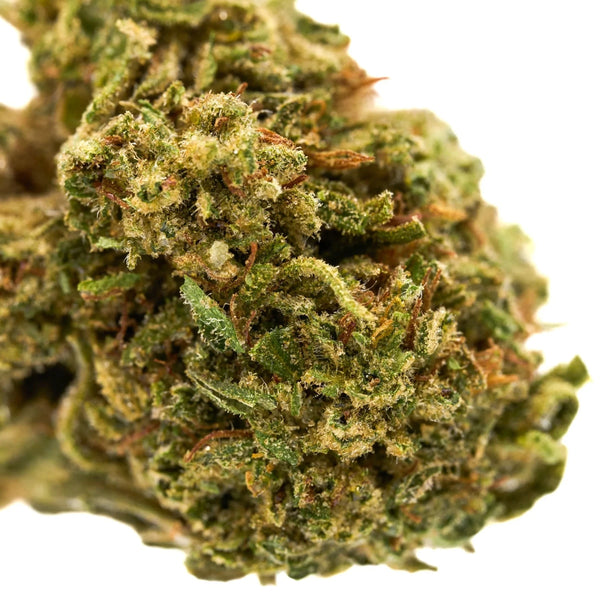
While Mechoulam is often recognized as the Raphael Mechoulam delta 8 discoverer, his contributions to cannabis science extended far beyond any single compound. Perhaps his most significant long-term impact was the discovery of the endocannabinoid system itself.
In the 1990s, Mechoulam's team identified anandamide, the first endogenous cannabinoid compound produced naturally by the human body. This discovery revolutionized our understanding of how cannabinoids work, revealing that humans possess a sophisticated biological system specifically designed to interact with cannabis compounds.
Mechoulam's expertise in cannabinoid isolation techniques naturally led to pioneering work in synthetic cannabinoid development. His team created numerous synthetic analogs of natural cannabinoids, allowing for more controlled research into structure-activity relationships and therapeutic potential.
This synthetic work was crucial for advancing THCa vs delta 8 research, as it enabled scientists to study isolated effects of specific compounds without the complex interactions present in whole plant extracts. The synthetic approach also provided researchers with unlimited quantities of pure compounds for extensive testing.
Throughout his career, Mechoulam maintained a focus on the therapeutic potential of cannabinoids. His research groups conducted some of the first controlled studies on cannabis compounds for treating:
These therapeutic investigations established the scientific foundation that supports today's medical cannabis industry and informed product development for modern Delta 8 formulations.
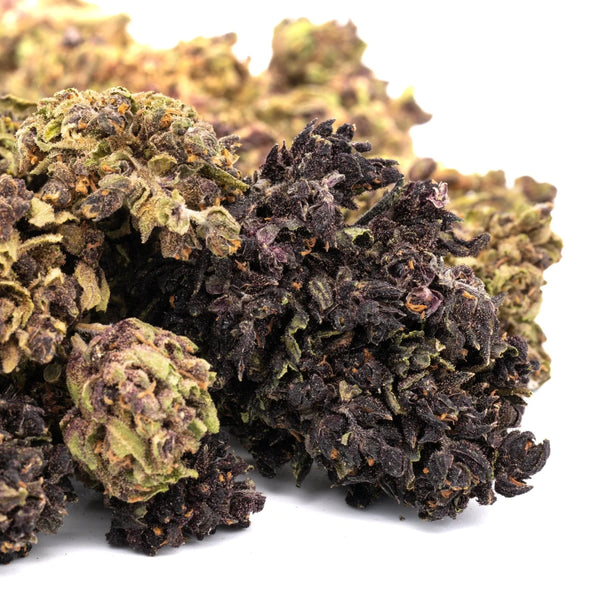
The journey from Mechoulam's initial Delta 8 isolation to today's thriving consumer market represents one of the most remarkable translations of basic research into commercial applications in modern science. His fundamental discoveries about THCa research history and cannabinoid chemistry provided the knowledge base that modern manufacturers use to create consistent, effective products.
Today's Delta 8 products owe their existence to several key insights from Mechoulam's research:
Modern cannabinoid isolation techniques have evolved significantly since Mechoulam's pioneering work, but they build directly on his foundational methods. Today's manufacturers use advanced chromatography, crystallization, and distillation techniques that represent refinements of the basic separation principles Mechoulam established.
The precision possible in modern Delta 8 production – where products can contain 90%+ pure Delta 8 THC – reflects the accumulated knowledge from decades of research initiated by the original delta 8 scientist. This level of purity and consistency was unimaginable in Mechoulam's era but became possible because of the chemical knowledge he generated.
The rigorous testing standards now applied to Delta 8 products trace directly back to Mechoulam's emphasis on analytical rigor. Modern third-party testing for potency, pesticides, heavy metals, and residual solvents employs many of the same analytical techniques Mechoulam pioneered, refined with decades of technological advancement.
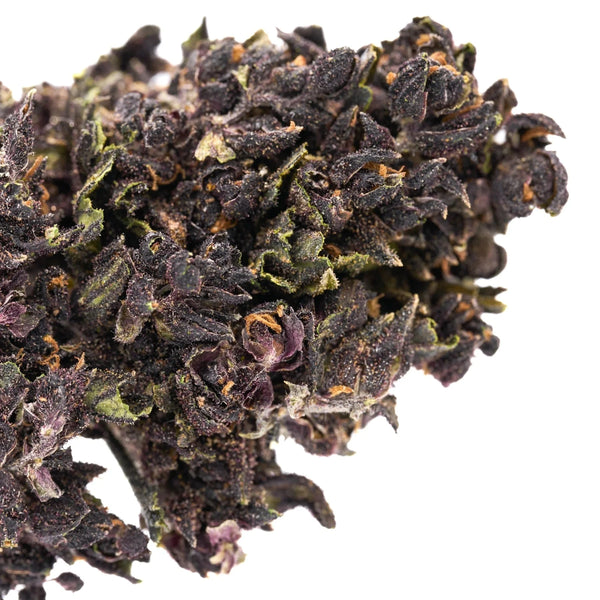
Dr. Mechoulam's scientific output includes over 400 peer-reviewed publications, making him one of the most prolific cannabis science pioneers in history. His most cited works include:
These publications established the terminology, methodology, and theoretical framework that continues to guide cannabis research today. The citation patterns of Mechoulam's work demonstrate its foundational importance – virtually every subsequent cannabis study references his original discoveries.
Recognition of Mechoulam's contributions to science includes numerous prestigious awards:
These honors reflect the broad impact of his work across multiple scientific disciplines, from organic chemistry to neuroscience to pharmacology.
Beyond his direct research contributions, Mechoulam's role as a mentor shaped generations of cannabis researchers. His laboratory trained dozens of scientists who went on to establish their own research programs, creating a scientific lineage that continues to advance cannabinoid science worldwide.
This mentorship aspect of his legacy is particularly important for the continued development of THCa vs delta 8 research, as his former students and colleagues continue to investigate the subtle differences between cannabinoid variants that drive product innovation.
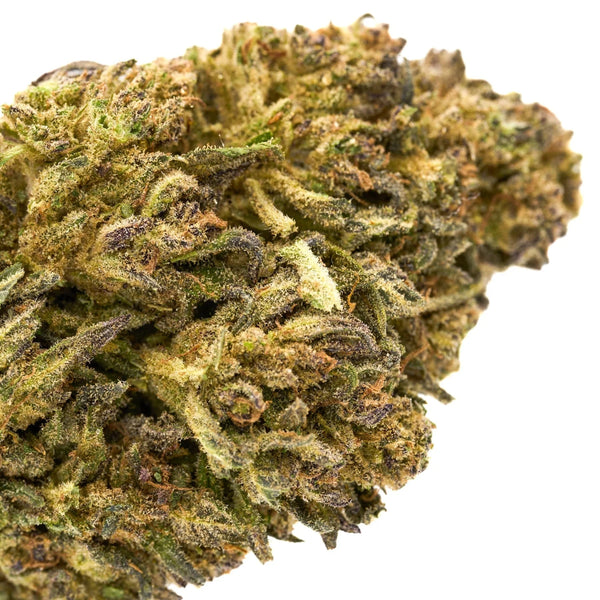
Contemporary cannabis research still relies heavily on the methodological frameworks established by Mechoulam. His approach to:
Modern researchers working on THCa research history and Delta 8 applications use instruments that are orders of magnitude more sensitive than what Mechoulam had available, but the fundamental approaches remain unchanged.
The influence of Mechoulam's work on modern Delta 8 product development is evident in:
As governments worldwide grapple with cannabis regulation, Mechoulam's research provides the scientific foundation for evidence-based policy making. His work established:
While Dr. Mechoulam passed away in 2023 at the age of 92, his influence on cannabis science continues to drive new discoveries. Current research areas that build on his foundation include:
The next wave of Delta 8 innovations will likely incorporate several trends that trace back to Mechoulam's research philosophy:
Perhaps most importantly, Mechoulam's commitment to rigorous scientific method continues to influence how cannabis research is conducted. His insistence on:
These principles ensure that as the field continues to evolve, new discoveries will be built on the same solid foundation of scientific integrity that characterized his career.
Dr. Raphael Mechoulam's legacy extends far beyond his role as the scientist who discovered delta 8. As the definitive cannabinoid research pioneer, his work transformed cannabis from a mysterious plant into a well-understood source of therapeutic compounds with precisely characterized effects and mechanisms of action.
The modern Delta 8 industry – from artisanal producers to major manufacturers offering premium Delta 8 products – exists because of the scientific foundation Mechoulam built over six decades of research. Every batch test, every purification process, every product formulation relies on knowledge that traces back to his laboratory.
The question "delta 8 scientist" will always have one definitive answer, but Mechoulam's influence extends to every aspect of modern cannabis science. His methodological approach, commitment to rigorous research, and willingness to explore uncharted scientific territory established principles that continue to guide discovery today.
For consumers exploring Delta 8 products, understanding Mechoulam's story provides important context about the scientific rigor behind modern formulations. The purity, consistency, and safety of today's products reflect decades of accumulated knowledge that began with one researcher's curiosity about a plant that others deemed too controversial to study.
As the cannabis industry continues to mature, Dr. Mechoulam's example reminds us that the most significant advances come from fundamental research conducted with scientific integrity. His legacy lives on not just in the compounds he discovered, but in the methodological approach he established and the generations of researchers he inspired.
The next time you encounter a Delta 8 product, remember that its existence represents the culmination of a scientific journey that began with Dr. Raphael Mechoulam's decision to study a plant that nobody else would touch. His courage to pursue knowledge in the face of social and legal obstacles created an entire industry and provided relief to millions of people worldwide.
In honoring Dr. Mechoulam, we honor not just a brilliant scientist, but the power of curiosity-driven research to transform our understanding of the natural world and improve human health. His legacy serves as an inspiration for future researchers and a reminder that the most important discoveries often come from the most unlikely places.
Dr. Raphael Mechoulam, working with Dr. Yechiel Gaoni, first isolated and characterized Delta 8 THC in 1965 at Hebrew University of Jerusalem. Their groundbreaking research established the molecular structure and properties of this unique cannabinoid.
Mechoulam's methods were revolutionary because they were the first to systematically separate, purify, and characterize individual cannabis compounds. He used column chromatography, NMR, and mass spectrometry to achieve unprecedented purity and accuracy in cannabinoid analysis.
Modern Delta 8 products rely entirely on knowledge generated by Mechoulam's research, including molecular structure data that enables synthetic production, pharmacological information that guides dosing, and analytical methods that ensure product quality and consistency.
THCa research focuses on the acidic precursor compound found in raw cannabis, while Delta 8 research studies the decarboxylated, psychoactive form. Mechoulam's work established the fundamental chemistry underlying both compounds and their transformation pathways.
Mechoulam earned this title by conducting the first systematic scientific investigation of cannabis compounds, discovering THC and the endocannabinoid system, and establishing the methodological framework that all subsequent cannabis research follows.
Contemporary researchers use advanced versions of the analytical techniques Mechoulam pioneered, apply his systematic approach to studying minor cannabinoids, and follow his example of rigorous scientific methodology in exploring new therapeutic applications.